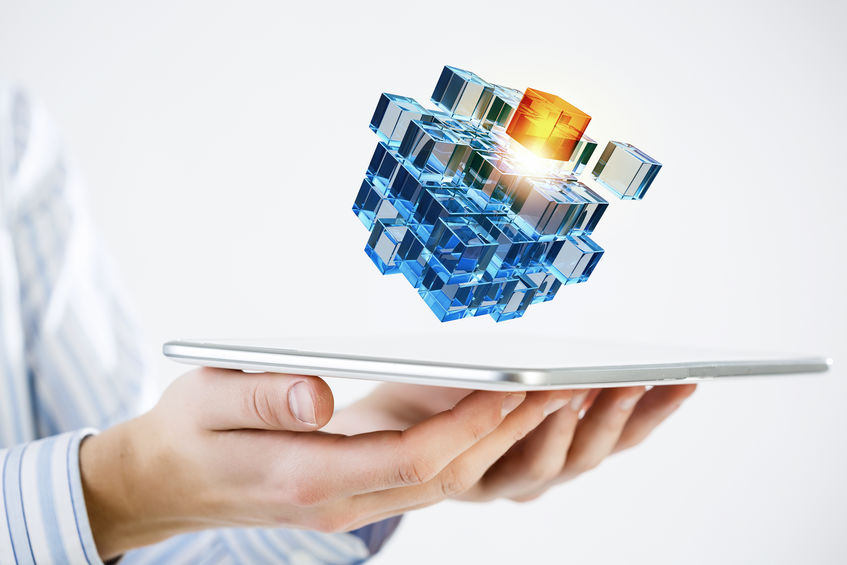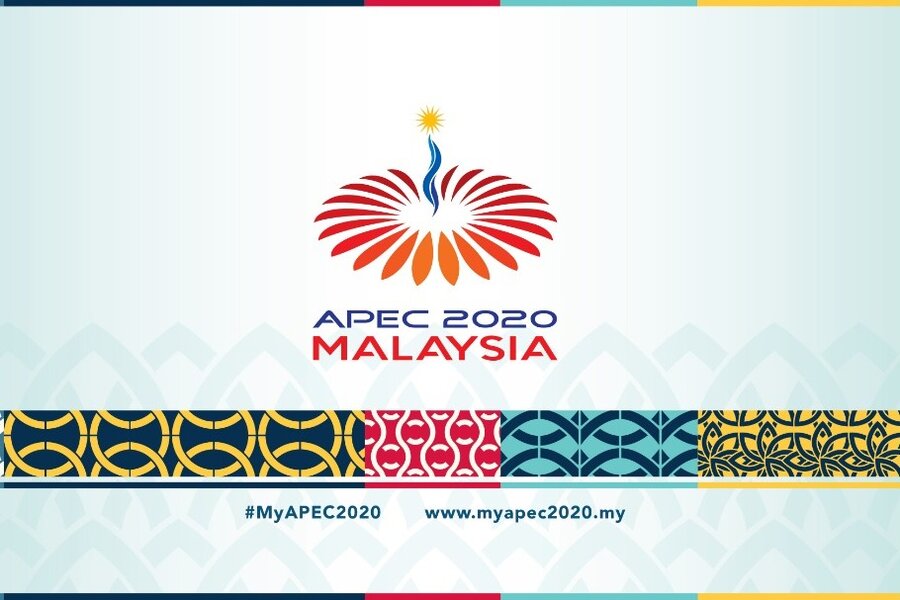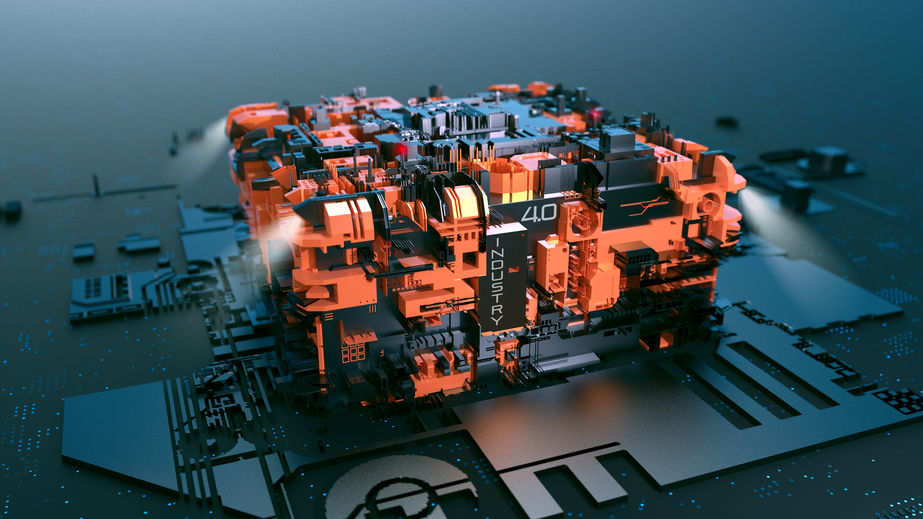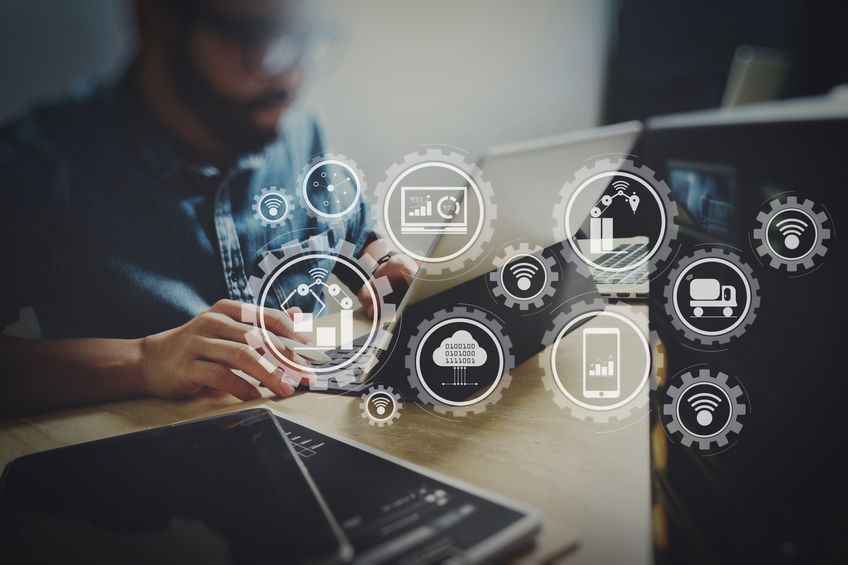Leverage on Digital Technologies Developed by MARii
COVID-19 Spurs Creation of Digital Solutions to Weather Hard Times
The continuous advancements in digital technology create a boost for companies to retain a competitive edge across the globe. Instantaneous business intelligence and data on aspects such as customer relations, demographics, market trends, product and processes reliability are now core tools to the best decisions in the interests of the business and its consumers.
Digitalisation refers to a holistic and systemic transformation of a business’s model and value proposition, where the business verticals evolve – from strategy formulation to operations – resulting in a paradigm shift in which the business is technological at its core, and value is derived from the products services it can deliver through the technology it has developed.
The COVID-19 outbreak has accelerated the creation of opportunities for the businesses to shift towards digitalisation, as new habits and behaviours have become a by-product of the new norms, post-pandemic.
Realising the benefits of digital technologies, the Malaysia Automotive, Robotics and IoT Institute (MARii) together with the Ministry of International Trade and Industry (MITI) developed the COVID-19 Intelligent Management System (CIMS), which allowed for cloud-based declaration of compliance for businesses who wish to operate during the Movement Control Order (MCO).
This allowed for the stabilisation of our Nation’s economy while ensuring all Standard Operating Procedures (SOPs) and safety guidelines enforced by the relevant authorities are adhered to.
Today, numerous digital solutions are easily accessible due to its increasing demand and popularity -such as task management software which allows companies to manage and oversee employees’ tasks for the day remotely. The application can also schedule meetings, manage time and work-related activities without having for all to converge at a physical location.
An advantage of digital technologies lies in its flexible application. Digital technologies are designed to be integrated into existing processes, making it easier for business owners to expand and migrate towards digitalisation without having to fork out a large sum of investment. Moreover, business owners can choose to upgrade their facilities step-by-step, making these technologies even more accessible to start-ups and the Small and Medium Enterprise (SME) sector.
Fighting the Virus
The government has been actively utilising digital technologies in the efforts to curb the COVID-19 pandemic. Mobile applications such as MySejahtera allows authorities to keep track of potential outbreaks, virus patterns, and risk of transmission amongst individuals in a particular area.
The integration of digital technologies and health science has led to the development of ImmuSAFE®, the world's first-ever qualitative and quantitative multi-epitope, multi-protein COVID-19 Antigen Test. Designed by MARii and Sengenics Sdn. Bhd., the project first kicked-off in May earlier this year and was launched in September.
The ImmuSAFE test has a sensitivity and specificity of 100% - and has been validated by the Institute of Medical Research (IMR), an agency under the Ministry of Health (MOH). Based on tests conducted on 5,000 samples during the development of ImmuSAFE, the test results can be obtained in only a few hours.
To supplement the effectiveness of the test kit, MARii has developed the ImmuSAFE® Tracker, a digital tool that has intelligent contact tracing capabilities based on the government agency’s readily available BDA and Artificial Intelligence (AI) platforms.
This application offers the capability to track the mobility and contact tracing information of individuals, as well as employee logs, supply chain information, SOP enforcement of businesses, all in real-time.
Lending a Hand
MARii has also embarked on various business enhancement programmes to accelerate the digitalisation of the economy. Programmes like the Technopreneur Development Programme Xpress (TDP Xpress) were specially formulated to facilitate the adoption of digital technologies in micro, small and medium enterprises (SMEs) to infuse data-driven decisions into their business strategies and operations.
TDP Xpress is developed to accelerate the implementation of digital technologies and customised to equip SMEs with digital solutions to migrate their business to online platforms in a short timeframe of one month, fulfilling the needs of businesses recovering from the economic impacts of COVID-19.
The MARii Simulation and Analysis Center (MARSAC), established in collaboration with PROTON, allows engineers to perform digital simulations and digital twin during the validation phase of automotive and mobility-based parts, components, systems, and processes.
The standalone facility based in MARii’s headquarters, Cyberjaya is equipped with 15 high-performance workstations, powered by MARii’s High-Performance Computing servers which enable real-time data analysis and cloud-based operations.
The establishment of MARSAC will serve as a platform to accelerate high-value design, cost optimisation, and talent development among automotive and mobility component manufacturers in the era of digitalisation.
Synonymous with the digital economy, these applications of data-driven technologies will no longer reside within their isolated sectors, but eventually will need to integrate across the board within the business and government databases to ensure a complete ecosystem is established – in particular, one that guarantees consumer rights and protection of the data it holds.
Through national frameworks such as the National Policy on Industry 4.0 (Industry4WRD), the National Automotive Policy 2020 (NAP 2020), National e-Commerce Roadmap, as well as the national BDA, AI, and cybersecurity frameworks, Malaysia is developing the entire value chain to implement best practices that cater to the data-driven economy of tomorrow.








